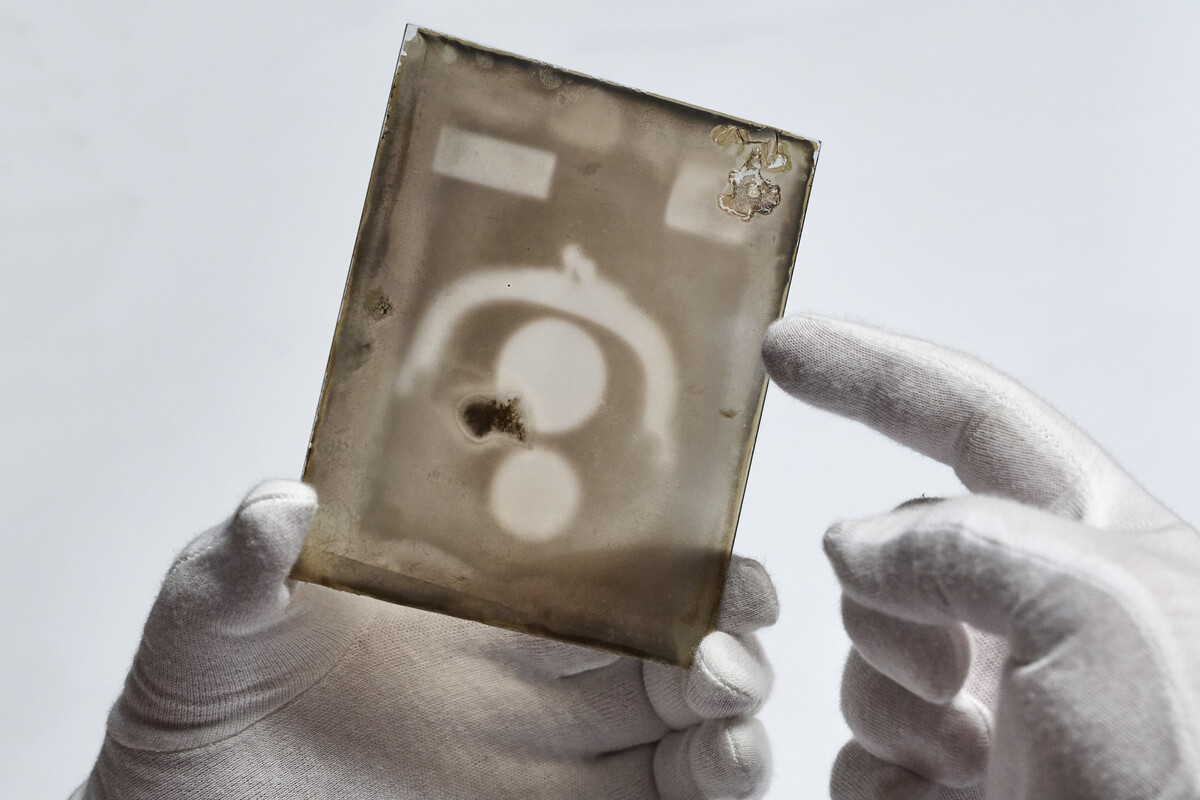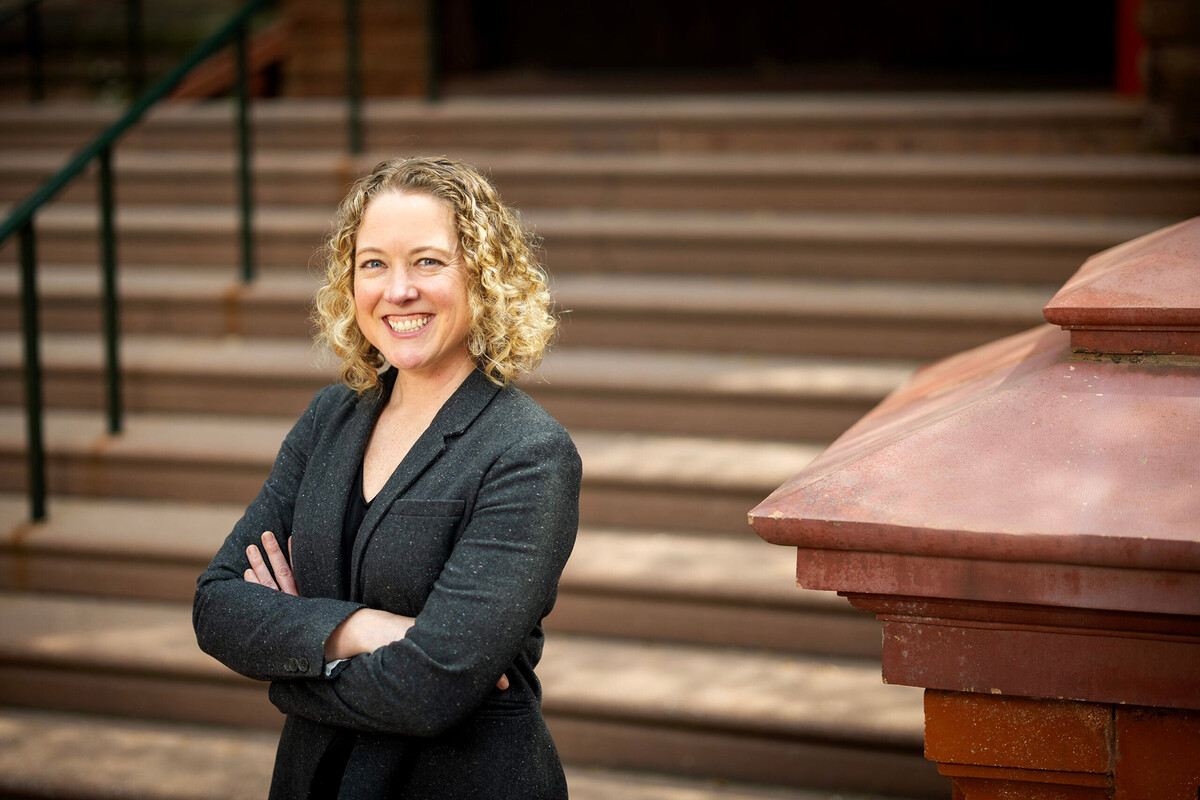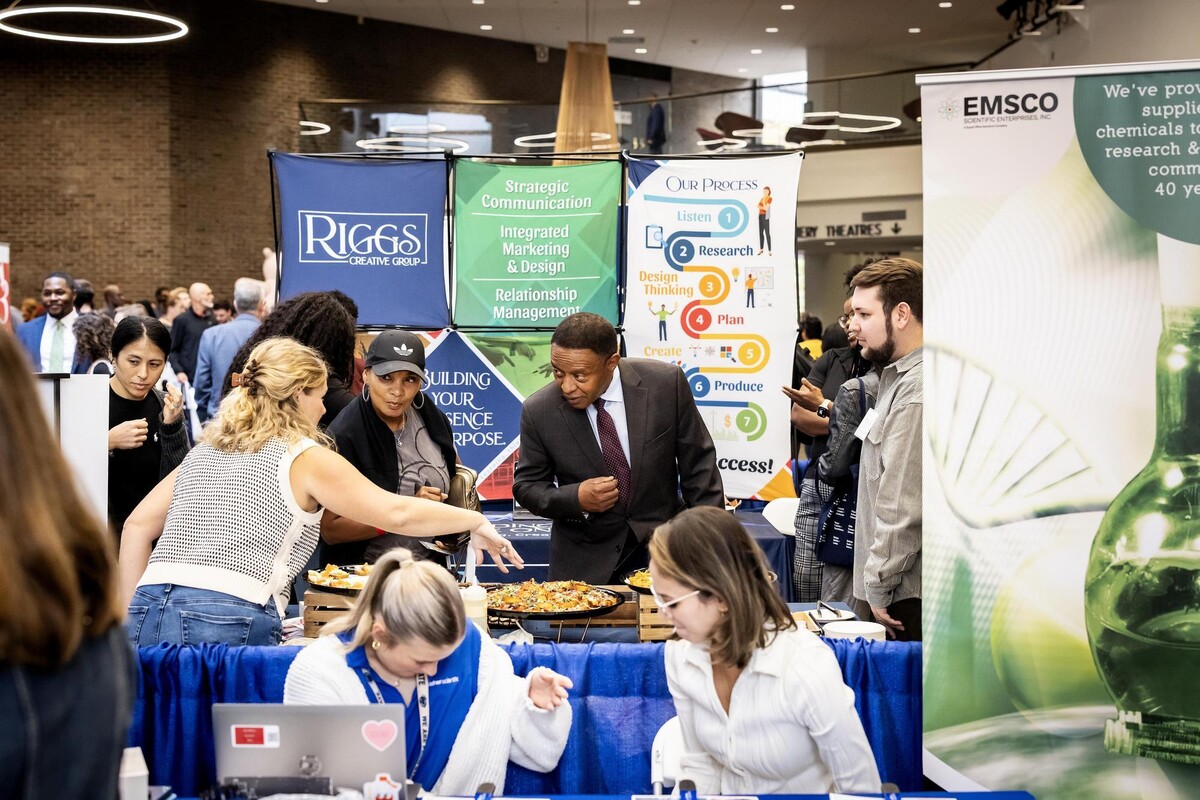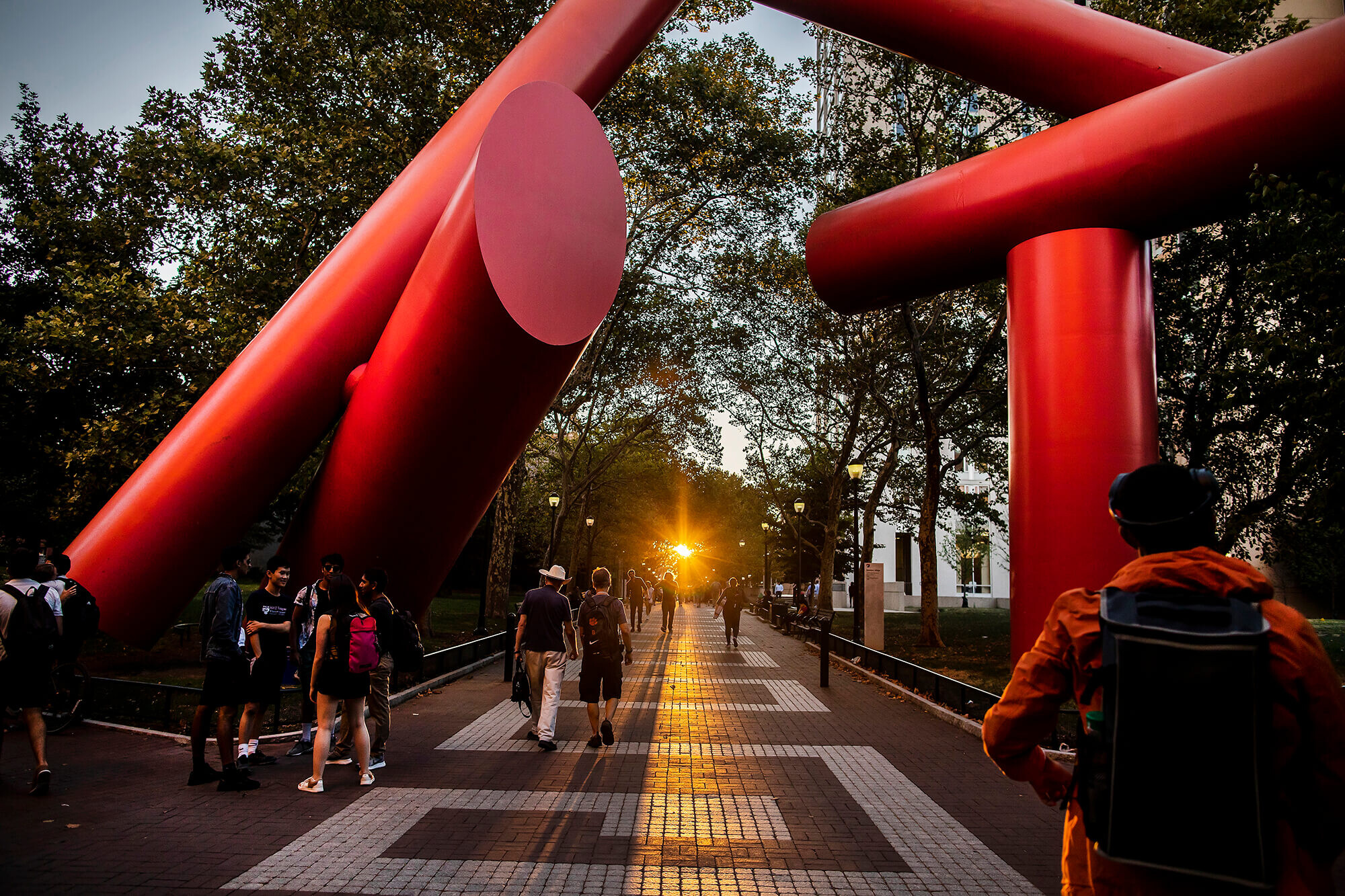


Sanya Carley appointed vice provost for climate science, policy, and action
Can tiny ocean organisms offer the key to better climate modeling?

Helpline support eases stress for dementia caregivers

Street lighting and public safety

How tobacco retail exposure impacts smoking behavior

Russell Composto talks leading Penn Forward’s Undergraduate Education and Innovation working group

Fueling growth locally, together
Featured Events
The Unintended Consequences of AI in Education
The rapid integration of AI into educational settings presents new opportunities and challenges. Hamsa Bastani, associate professor of Operations, Information, and Decisions as well as Statistics and Data Science at the Wharton School, will discuss findings from three large-scale field studies investigating the impact of AI on student learning. Free and open to the Penn community.

Archiving Philadelphia on Film
This two-day conference highlights the visual documentary interventions of Sol Worth and Harvey Finkle in Philadelphia during the 1960s, 1970s, and 1980s, a time when the upheaval of the Vietnam War, the displacement of urban communities, and the struggles for housing and welfare rights reshaped the city’s social landscape. Day one is Wednesday, Oct. 22 from 5:30-7:30 p.m. Day two is Thursday, Oct. 23 from 10 a.m.-5 p.m. Register for each day separately. Open to the public.

On Sept. 28, 1918, 200,000 people came out for the Liberty Loan parade in Philadelphia. Within days of that gathering, hundreds had died and many more had fallen ill from the flu and flu-related complications.

In Principle and Practice
Penn’s strategic framework
Penn’s guiding principles are the University’s enduring values and distinctive strengths: anchored, inventive, interwoven, and engaged. The practices support and strengthen Penn’s core educational mission.
At Penn Today, we focus on some of the ways the University is putting this framework into action. From student, faculty, and staff profiles to research updates and event coverage, Penn Today highlights the latest examples of the University’s principled approach to excellence.

Fueling growth locally, together

Students test one way to combat extreme heat in Philadelphia

From framework to actions: Provost John L. Jackson Jr. talks Penn Forward

‘A moment when Penn can lead in higher education’: President J. Larry Jameson introduces Penn Forward
Penn in the News
Early peanut exposure found to cut food allergy risks
Researchers in the Perelman School of Medicine and the Children’s Hospital of Philadelphia have found that early exposure to peanuts can cut allergy risks.
Gerrymandering is bad. Expanding it is even worse
Daniel Hopkins of the School of Arts & Sciences co-authors an opinion essay on redistricting.
By loosening standards, the FDA isn’t doing rare-disease patients any favors
Holly Fernandez-Lynch of the Perelman School of Medicine and Leonard Davis Institute co-authored an opinion essay arguing against loosening regulations for the development of rare-disease drug development.
Penn immunologist David Fajgenbaum receives prestigious John Scott Award
David Fajgenbaum of the Perelman School of Medicine, who saved his own life by repurposing an existing drug, has been honored with the John Scott Award.